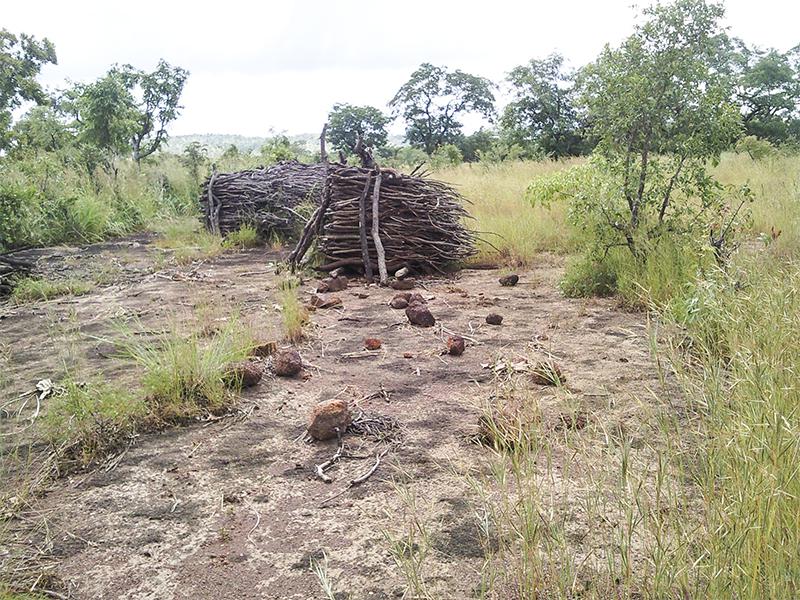Farris Okou
Atacora Mountain (AM) is a region of great, rare and unique biodiversity in Benin with a great ecological and economic importance. But this fragile ecosystem is under the threat of land degradation and in turn biodiversity loss and habitats degradation.
The present project aims at i) mapping the status and severity of land degradation and identify high-priority areas for urgent land degradation management ii) evaluating local knowledge on land degradation and management practices iii) raising awareness in local communities on negative impacts of land degradation and on ecological underutilized practices to successfully mitigate its impact and to conserve biodiversity.

Atacora Mountain is a region of great, rare and unique biodiversity in Benin. It assumes also a great ecological and economic importance. This ecosystem is fragile because of its hilly landscape characterized by hilly relief, steep slopes and shallow soils. The combination of the factors cited previously with the rapid increase of population and the expansion of anthropogenic activities induce land degradation and in turn habitat degradation and biodiversity loss. Up to now little actions are taken to combat land degradation in the Atacora Mountain.
In order to combat land degradation and mitigate its negative impacts while ensuring the sustainable use of the services of this mountainous ecosystem it is urgent to know where land degradation is occurring or is likely to occur (why and at which pace the changes observed happened) and to involve local population into the design and the implementation of management practices.
The present project aims to:
i) map the status and severity of land degradation and identify high-priority areas for urgent land degradation management: assessment and mapping of land degradation will give an overview of the location and the importance of the degraded areas. It is important to identify where land degradation occurs or not in order to set up effective planning of suitable management activities.
ii) evaluate local knowledge on land degradation and practices implemented to mitigate land degradation and to conserve biodiversity: it is important to understand local knowledge on land degradation; the way local population manage the negative effects in order to involve them efficiently into sustainable management system. Learning from local knowledge will help to design a bottom to top model and ensure a high involvement of local communities.
iii) raise awareness in local communities on negative impacts of land degradation and on ecological underutilized practices to successfully mitigate its impact and to conserve biodiversity: involving local population in land degradation management requires to raise their awareness and to enhance their knowledge and capacities. This will be done through workshops, meetings, field observations and fieldwork. Workshops, meetings and field observations will allow exchange of experiences between local communities and will provide information about negative impacts of land degradation and ecological underutilized practices.
This project will set up a collaborative platform between land use departments, local institutions and local NGOs in charge of environmental issues, and local population by combining scientific data and local knowledge about land degradation.